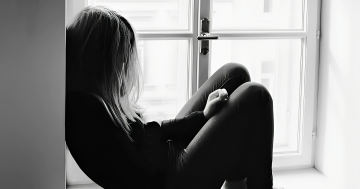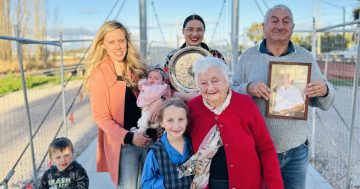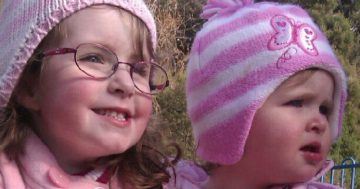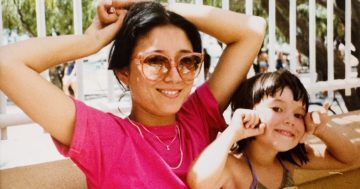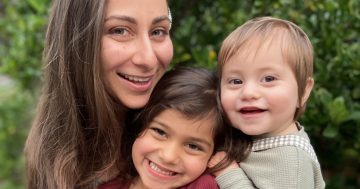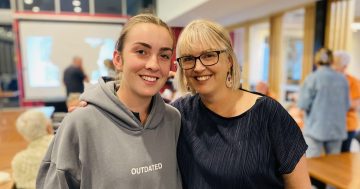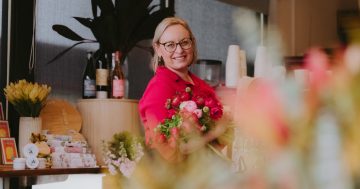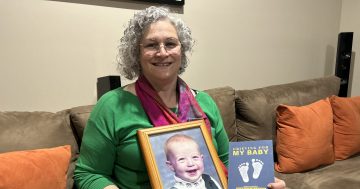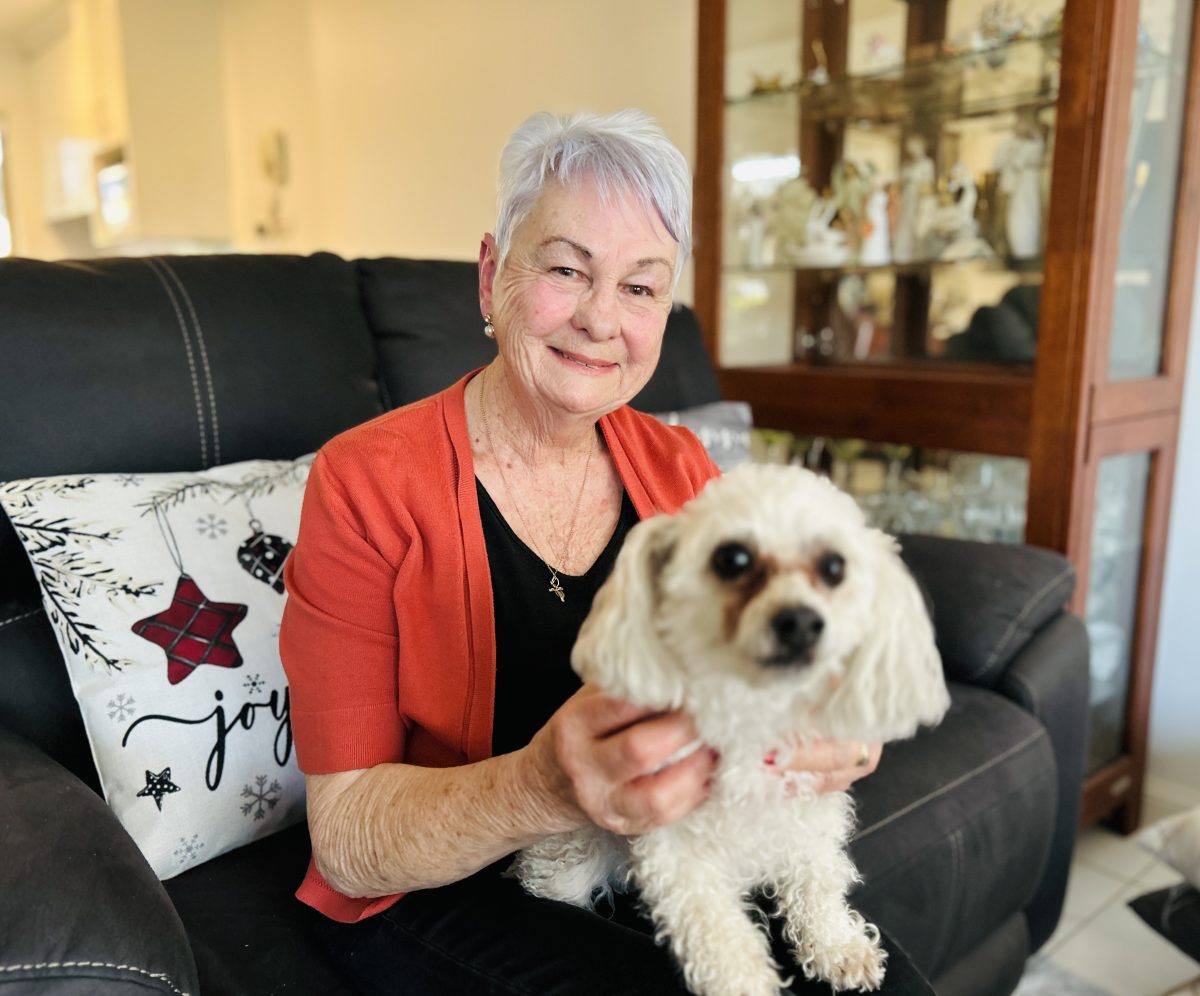
Yvonne Couper has no bitterness about her experience during a dark period in Australia’s history. Photo: Oliver Jacques.
Giving birth as a single mother was taboo in Australia before 1970, when many women had no option other than handing over their child to authorities for adoption.
One such mother was Yvonne Couper, who was raised in rural Victoria and now resides in Griffith.
She was 18 when she fell pregnant to her boyfriend – a young man whom she met at a dance studio in Melbourne in the late 1960s.
“I was in love and wanted to marry him and start a family,” she said.
“He told me he was in love with someone else and wasn’t ready to have a child, being only 18 himself.”
This was devastating for a confused and lovestruck teen, but it was only the start of her challenges.
At the time, Yvonne was living with her grandmother in the Victorian capital, because her parents had separated three years beforehand.
“Dad was distraught when I told him I was pregnant,” she said.
“He didn’t want me back in our small country town as an unmarried mother. He had a new girlfriend and didn’t want people to gossip and say ‘He couldn’t keep his wife and now his daughter has a baby on her own’.”
Instead, Yvonne was sent to an unmarried mothers’ home in Melbourne.
“It was a place where a single mother went to give birth and had their babies adopted out. We weren’t allowed to see our own babies, but had to care for the other newborns,” she said.
“I just didn’t have the option of raising my own child. I had no money or family support. In those days, there was no dole or money from the government.”
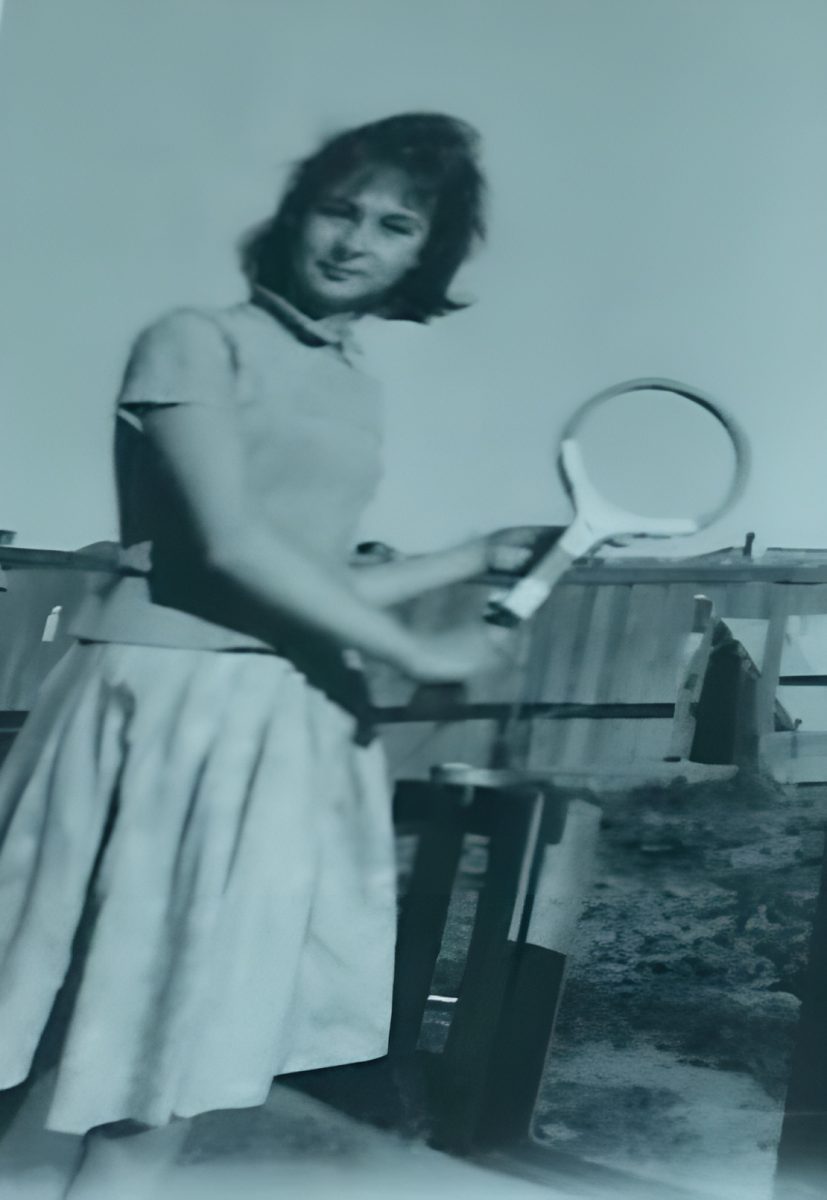
Yvonne playing tennis at age 15. Photo: Supplied.
Yvonne gave birth to a girl whom she wasn’t allowed to kiss, hug or even see.
“But when the staff weren’t looking, I got up and went to the nursery and patted her on the forehead. She was soft and sweet and I cried.”
Aged two days, her daughter was adopted out to a young couple who moved her to another city to raise her.
In those days, adoptions were closed – meaning children did not have any contact with or knowledge of their birth families.
Yvonne then moved to Griffith, where her mother lived. She married an accountant, had two more children and forged her own life as a receptionist, nurse and talented amateur golfer.
“I never knew where my daughter went and I didn’t look for her. I tried to shut it out of my mind but every year, I would think about her on her birthday,” Yvonne said.
In 2007, when Prime Minister Kevin Rudd apologised for the Stolen Generations, Yvonne watched as Aboriginal women reconnected with children who were stripped away from them.
“By now, I had divorced my husband and decided I wanted to find my daughter,” she said.
Child protection and church authorities provided her with contact details and she was able to get in touch with her long-lost daughter. The pair arranged to meet up in a restaurant.
“I was already seated at the table as she came in through the rear entrance. As soon as I saw her, I knew who it was, because she looked like me,” Yvonne said.
“She gave me a hug. She was a bit shy at first, but I showed her photos of my family, which gave her some joy. We’ve now become pals.”
For privacy reasons, Yvonne’s daughter doesn’t want her identity revealed. But she’s brought an enormous amount of joy into her birth mother’s life.
“I was able to meet the grandchild I never knew I had,” Yvonne said.
In Australia today, adoption is rare, discouraged and must be open – children are educated about their family history and remain in contact with birth parents and blood relatives where possible.
Advocacy groups such as Adopt Change argue that we have moved too far towards the other extreme, with tens of thousands of children languishing in temporary foster care and denied permanent homes because of the stigma associated with our ugly adoption history.
“There’s less need for adoption today because single mothers get a lot more support,” Yvonne said.
Now aged 76 and living in Griffith Retirement Estate, Yvonne is content and looks forward to ongoing text messages from the child she lost for almost five decades. She feels no bitterness about the past and what happened to her as a teenage mum.
“I just feel relieved that my daughter was brought up by a loving adoptive family and has turned out so well,” she said.







